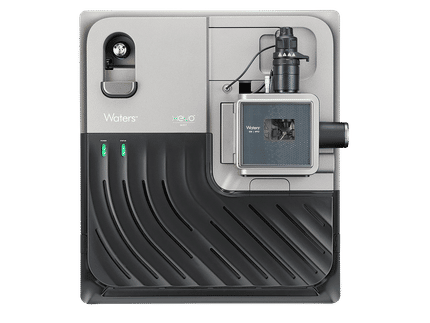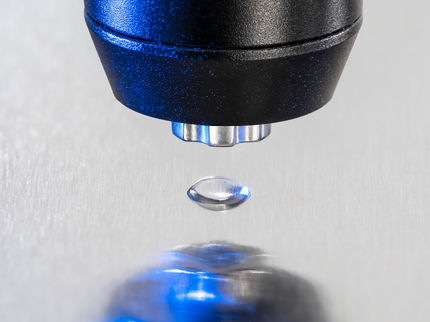To use all functions of this page, please activate cookies in your browser.
my.chemeurope.com
With an accout for my.chemeurope.com you can always see everything at a glance – and you can configure your own website and individual newsletter.
- My watch list
- My saved searches
- My saved topics
- My newsletter
Psyllium seed husks
Product highlightDescriptionPsyllium seed husks expand and become mucilaginous when wet and are soluble in water, but they are indigestible in human beings. The husks are dried and chopped or powdered for use. They may form one ingredient of several in finished products, or they may be used as-is, uncombined with any other ingredients. Psyllium seeds are very similar to the seed husks and can be used for many of the same purposes, although their use is less common. UsesThe characteristics of psyllium seed husks make them useful for any treatment that requires improvement or maintenance of transit time in the gastrointestinal tract, because the inert bulk of the husks helps provide a constant volume of solid material irrespective of other aspects of the diet or any disease condition of the gut. Over-the-counter laxatives and fiber supplements such as Metamucil, Serutan, Effersyllium, and Isabgol have psyllium husks as their main ingredient, in finely chopped or powdered form. The husks can be consumed as-is (with plenty of water or other fluid) with much the same effect. Psyllium can also be added to food or drink to boost the fiber content of the diet, and some cereals (Bran Buds, Heartwise) contain it.[citation needed] Psyllium husks are used to relieve constipation, irritable bowel syndrome, diverticular disease, and diarrhea. They are used as a regular dietary supplement to improve and maintain regular GI transit. Some recent research is also showing them to be promising in lowering cholesterol and controlling diabetes.[1]
|
||
| This article is licensed under the GNU Free Documentation License. It uses material from the Wikipedia article "Psyllium_seed_husks". A list of authors is available in Wikipedia. |







